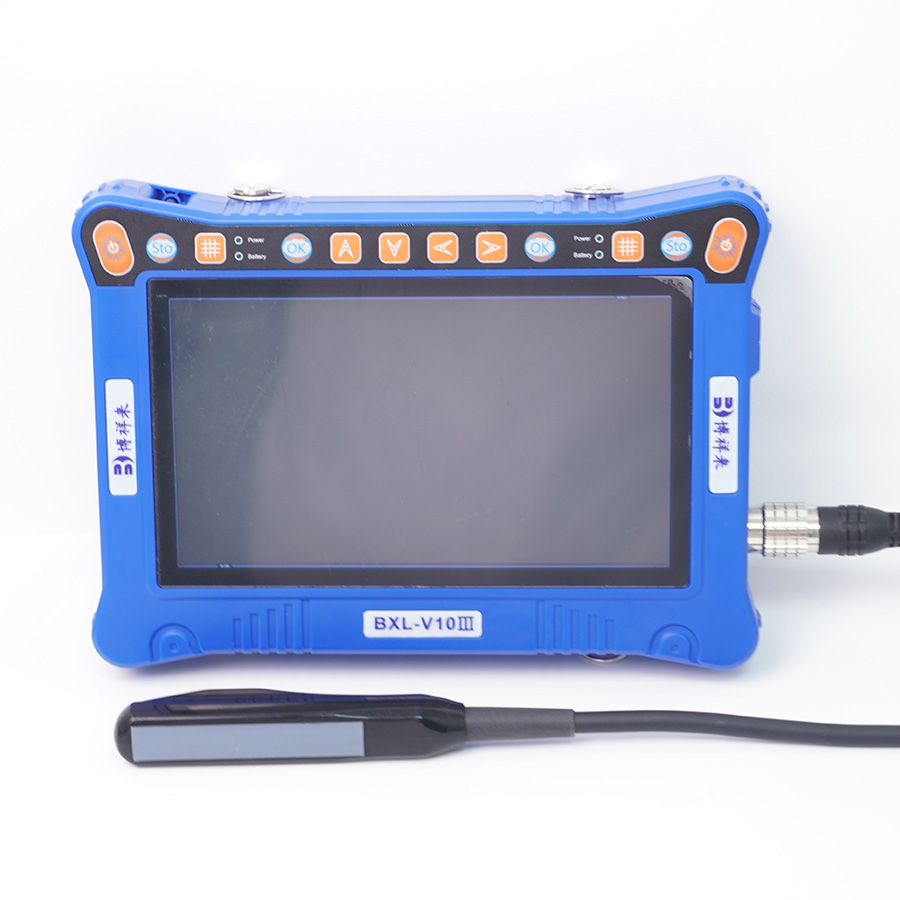In recent years, mobile ultrasound veterinary services have transformed how veterinarians diagnose and treat animals. These services bring advanced diagnostic tools directly to homes, farms, and veterinary clinics, offering a convenient and efficient way to assess pets and livestock without the need for transporting them to specialized facilities. This article explores the benefits of mobile Veterinary ultrasound, the technology behind it, and how it can significantly improve animal healthcare.

What is Mobile Ultrasound Veterinary Service?
Mobile ultrasound veterinary services involve veterinarians or specialized technicians using portable ultrasound equipment to perform diagnostic imaging at the animal’s location. This service eliminates the need for pet owners or livestock managers to transport animals to a veterinary clinic or hospital for ultrasound exams. Instead, the veterinarian comes directly to the site, making the process more convenient and less stressful for both animals and owners.
Mobile ultrasound services are used for a variety of animals, from household pets like dogs and cats to larger livestock, including horses, cows, and goats.
Why Choose Mobile Veterinary Ultrasound?
Mobile ultrasound has grown in popularity because it offers numerous benefits over traditional in-clinic imaging. Here are some of the key advantages:
Convenience: One of the most significant advantages of mobile ultrasound is the convenience it provides. For pet owners, especially those with large or multiple pets, traveling to the vet can be time-consuming and stressful. For livestock owners, transporting large animals can be costly and labor-intensive. Mobile ultrasound eliminates these logistical challenges by bringing the diagnostic tools directly to the animal.
Reduced Stress for Animals: Many animals experience anxiety when visiting a veterinary clinic. The unfamiliar environment, smells, and sounds can lead to stress, which may affect their behavior and overall health. With mobile ultrasound, animals remain in a familiar environment, reducing anxiety and making the procedure easier to perform.
Immediate Results: With mobile ultrasound, veterinarians can assess the animal on-site and provide immediate results. This is particularly beneficial in emergency situations where quick diagnosis is critical.
Non-Invasive and Safe: Like traditional ultrasound, mobile ultrasound is a non-invasive, painless, and safe diagnostic tool. It uses sound waves to create images of internal organs, tissues, and structures without the need for radiation or surgical intervention.
Cost-Effective: In many cases, mobile ultrasound can be more cost-effective than clinic visits, especially for large animals. The transportation costs, potential need for sedation, and other expenses associated with moving animals can be avoided.
Common Uses of Mobile Veterinary Ultrasound
Mobile ultrasound services are versatile and can be used for a wide range of diagnostic purposes. Some common applications include:
Abdominal Imaging: Ultrasound can help veterinarians diagnose issues in the abdominal organs, including the liver, kidneys, spleen, intestines, and bladder. It is often used to detect tumors, infections, or blockages.
Cardiac Examinations: Mobile ultrasound is frequently used to perform echocardiograms, which are ultrasounds of the heart. This helps veterinarians diagnose heart conditions, monitor heart function, and determine the best course of treatment.
Pregnancy Diagnosis and Monitoring: Ultrasound is a vital tool for confirming and monitoring pregnancies in both pets and livestock. Mobile ultrasound allows veterinarians to perform routine pregnancy checks without disturbing the animal’s routine.
Emergency Diagnostics: In emergencies, mobile ultrasound can quickly identify internal bleeding, organ damage, or other critical conditions, allowing for faster treatment decisions.
Guided Procedures: Veterinarians often use ultrasound to guide procedures such as needle biopsies or fluid drainages, ensuring accuracy and minimizing risk.
How Does Mobile Veterinary Ultrasound Work?
The mobile ultrasound process is straightforward and similar to in-clinic procedures, with the added benefit of being done at the animal’s location. The veterinarian or technician uses a portable ultrasound machine, which is compact but highly advanced, to scan the animal.
Here’s what typically happens during a mobile ultrasound appointment:
Initial Assessment: The veterinarian will assess the animal’s condition and determine the appropriate area to scan. In some cases, the fur may need to be shaved to ensure proper contact with the ultrasound probe.
Gel Application: A special gel is applied to the skin to help transmit the sound waves. This allows the ultrasound probe to capture clear images of the internal structures.
Imaging: The veterinarian will move the probe over the animal’s body to capture real-time images of the internal organs or tissues. These images appear on a screen and are analyzed on-site.
Diagnosis: Depending on the findings, the veterinarian may be able to provide a diagnosis immediately or recommend further testing or treatment.
Benefits of Mobile Veterinary Ultrasound for Pet Owners and Farmers
Mobile ultrasound services provide significant benefits to both pet owners and those who manage livestock:
For Pet Owners: The convenience of mobile ultrasound is unmatched for pet owners with busy schedules or pets that are anxious in unfamiliar environments. Being able to have a diagnostic service at home reduces the stress on the pet, leading to a smoother and quicker process.
For Farmers and Livestock Managers: Mobile ultrasound is particularly beneficial for livestock management. Large animals like horses or cows can be difficult and expensive to transport. With mobile services, veterinarians can perform necessary diagnostic procedures directly on the farm, leading to better health management and less disruption to the animals.
What to Expect from a Mobile Ultrasound Appointment
A mobile ultrasound appointment typically lasts between 30 minutes to an hour, depending on the complexity of the case. No special preparation is required from pet owners or farmers, though in some cases, the veterinarian may request that the animal fasts for a few hours before the procedure.
The veterinarian will discuss the results of the ultrasound immediately and recommend the next steps, whether it’s treatment, further diagnostics, or routine monitoring.
Conclusion
Mobile ultrasound veterinary services are transforming the landscape of animal healthcare by providing a convenient, stress-free, and efficient way to diagnose various health conditions. Whether you’re a pet owner looking for a more comfortable experience for your furry friend or a livestock manager seeking cost-effective diagnostic solutions, mobile veterinary ultrasound offers an invaluable service.
By embracing mobile ultrasound, veterinarians can deliver better care directly to animals in their natural environment, ensuring quicker diagnoses, reduced stress, and improved overall health outcomes.
tags: Mobile Ultrasound VeterinaryUltrasound Veterinary


